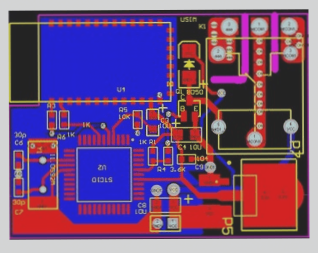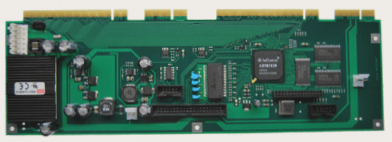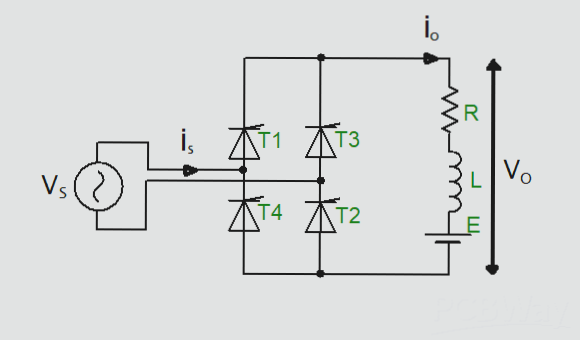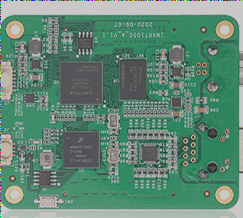PCB Panelization and Depanelization Techniques
PCB panelization is a manufacturing method that involves arranging multiple PCBs on a single larger panel. This technique streamlines the PCB assembly process and is commonly used to enhance efficiency, especially for small or irregularly shaped PCBs.
Benefits of PCB Panelization:
- Facilitates movement through assembly line
- Allows for different board designs on the same panel
- Eases separation of individual boards post-manufacturing

Figure 1: PCB Panelization
Depanelization Techniques
Depanelization is the process of separating individual circuit boards from a panel after manufacturing. Two common depanelization methods are V-Scoring and Tab Routing.
V-Scoring Method
V-scoring involves cutting V-shaped grooves into the panel to separate the boards. While effective for straight-line cuts, V-scoring may not be suitable for irregular shapes or boards with components extending over the edges.

Figure 2: V-Scoring
Tab Routing Method
Tab routing involves creating tabs along the board edges for separation. This method is versatile, accommodating irregular shapes and components extending beyond the board edges. Perforations on tabs aid in clean separation post-assembly.

Figure 3: Tab Routing
Enhancements:
- Perforations for easier separation
- Breakaway rails for added support

Figure 4: Breakaway Rails
If you have any queries about PCBs or PCBA, reach out to us at info@wellcircuits.com.




